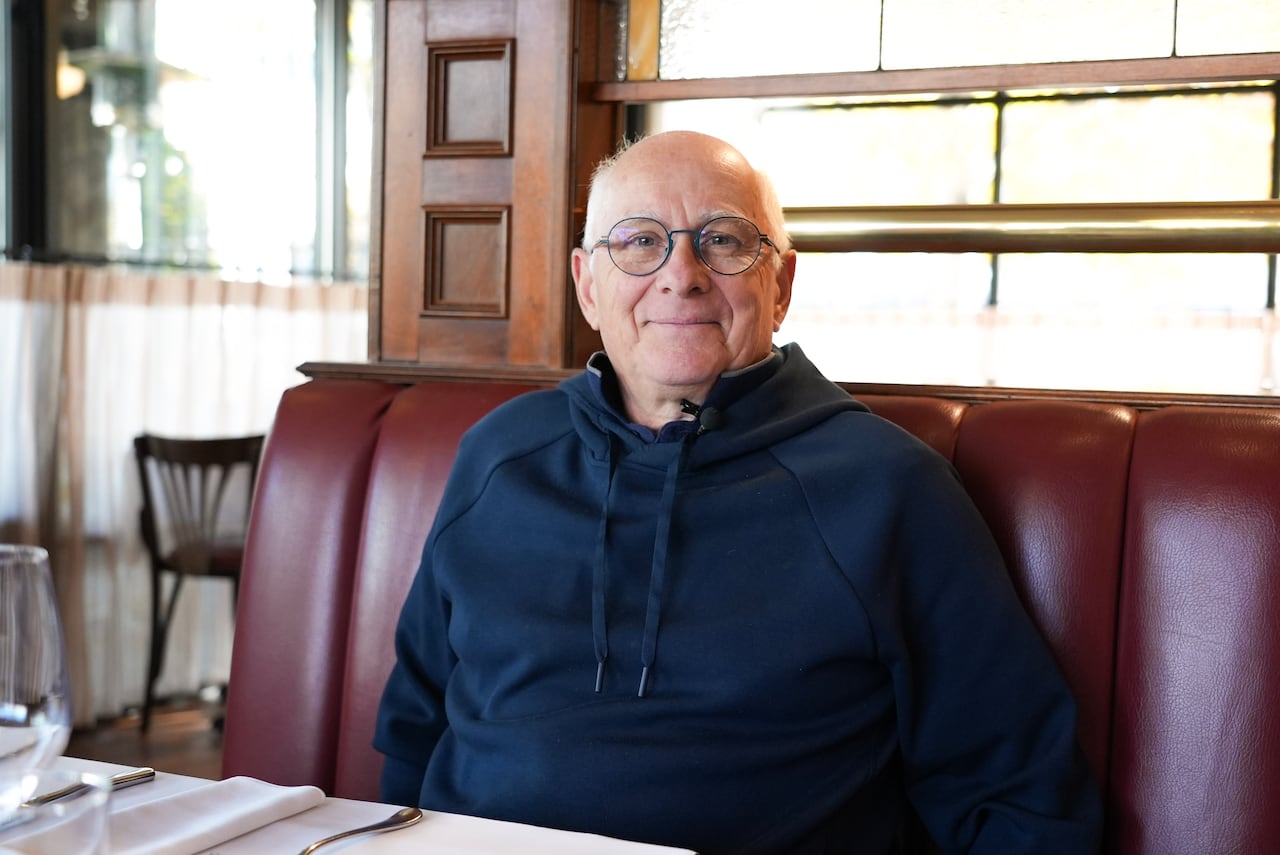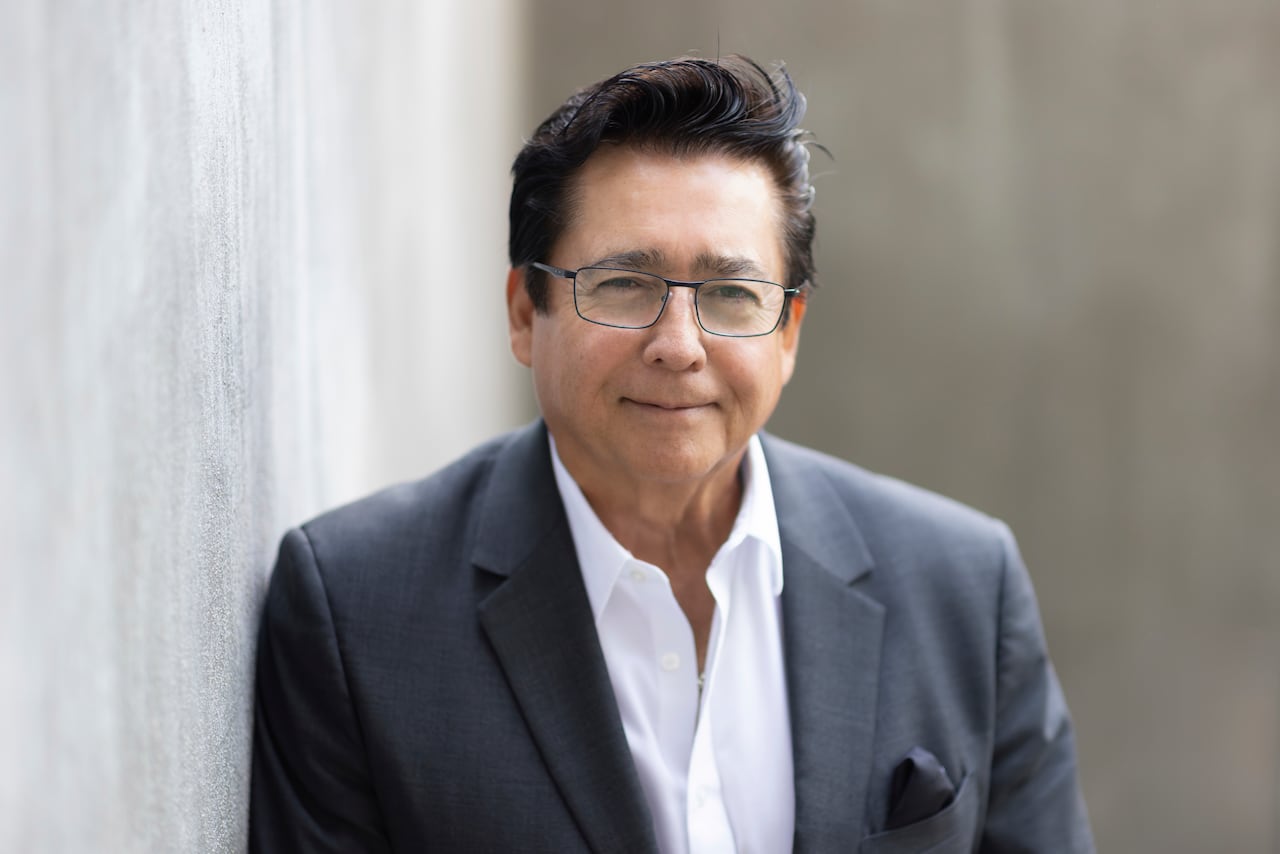As It Happens4:37Kelowna, B.C., is the 1st Canadian city recognized by UNESCO for its cuisine
The United Nations has officially recognized Kelowna, B.C., as a terrific place to eat and drink.
The picturesque lakeside city in Okanagan Valley has been designated a Creative City of Gastronomy by the United Nations Educational, Scientific and Cultural Organization (UNESCO).
It’s the first city in Canada to earn that moniker.
“We have a rich agricultural base, lots of orchards, vineyards, farms, wineries, craft beverages — you know, all the four seasons,” Robert Louie, chief of the Westbank First Nation, which borders Kelowna, told As It Happens host Nil Kӧksal.
“It’s just a beautiful place to live, so why not have some of the best foods and tastes that will be recognized worldwide?”
Traditional Indigenous foods
Westbank First Nation collaborated with the City of Kelowna, Okanagan College and various food industry partners to apply for the UNESCO title.
While Kelowna and the Okanagan Valley are well-known for their lush wineries, orchards and swanky restaurants, Louie there’s an important traditional component to the city’s culinary landscape as well.
“I’m Indigenous, so I’m partial to a lot of our foods, traditional foods,” he said. “And by that I mean the wild games, venison and the moose, the elk and the berries.”
Kelowna, he says, is located within the traditional territory of the Syilx people, whose stewardship of the land is key to preserving food culture.
“We cannot pollute the waters, and we cannot pollute the land,” he said.
“When you have good food and good drinks that are produced from the land, you’ve got to have an environment that’s sound, that everyone looks after and takes special care for.”
He points to the return of sockeye salmon to Okanagan Lake and its tributaries as an example.
For decades, a dam at the mouth of the lake blocked their passage, but a new fishway built by the Syilx Okanagan Nation now lets the salmon complete their historic migration.
“This is something that we used to survive on, is the fish, the salmon runs,” Louie said, noting that Indigenous fisheries will now open again. “This is something that will really be seen as a good, positive thing.”
In B.C.’s Interior, an initiative supported by the Okanagan Nation Alliance has brought sockeye salmon to Okanagan Lake for the first time in nearly a century. As Brady Strachan reports, a new generation of young people are helping to restore salmon spawning grounds while reconnecting with their culture.
Creative City of Gastronomy is a category of UNESCO’s Creative Cities Network (UCCN), created in 2004 to “support cities that leverage culture and creativity as drivers of development.”
Kelowna joins four other Canadian cities in the network — Montreal, a Creative City of Design since 2006; Quebec City, a Creative City of Literature since 2017; Toronto, a Creative City of Media Arts since 2017; and London, Ont., a Creative City of Music since 2021.
“This recognition confirms what those in the Okanagan Valley have known for decades — Kelowna is a world-class centre for agriculture, culinary arts, and beverages,” Mayor Tom Dyas said in a written statement.
“These industries boost our vibrant local scene, strengthen our economy, and inspire others across the country.”

Stephane Facon, owner and executive chef of Kelowna’s Bouchons Bistro, says the Okanagan Valley is a special place for food.
“We have a climate that allows us to have all the vegetables and fruit we could want,” he said in an interview translated from French. “This is the only region in Canada where we can have that. So that allows cooks and chefs to use all local products.”
He says he hopes the UNESCO recognition means more people will come to enjoy cuisine made from locally sourced ingredients.
“We’re not trying to get three Michelin stars. That’s impossible. But we are consistent in the quality and service we provide to our customers,” Facon told Radio-Canada. “That’s why it’s always good to have international recognition, so that we can attract more customers.”

Louie says the region needs as many tourists and new customers as it can get after several summers of devastating wildfires and a recent drought.
“We’ve had some unlucky years, and we need a boost,” he said.
“And the boost is really the beauty of what we have. We’ve got the Okanagan Lake. We’ve got the mountains surrounding us. We have a beautiful valley. It’s second to none. It’s a beautiful place to live. And I think the world needs to know that.”







